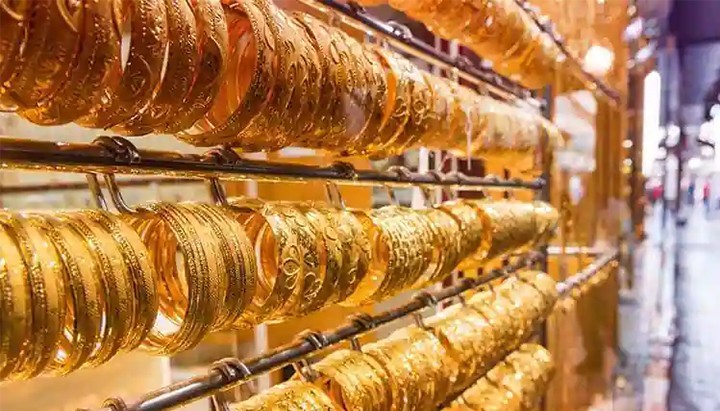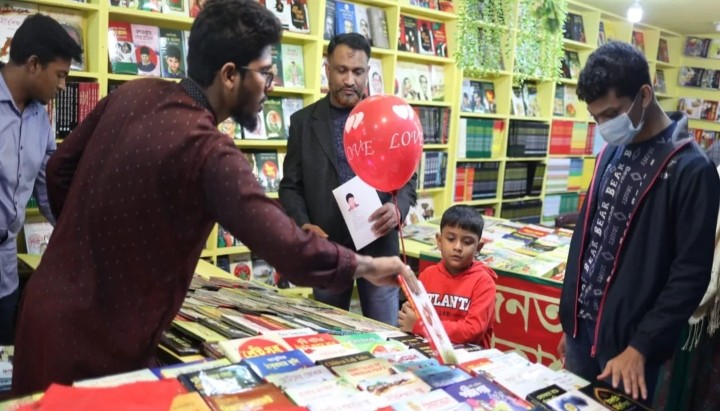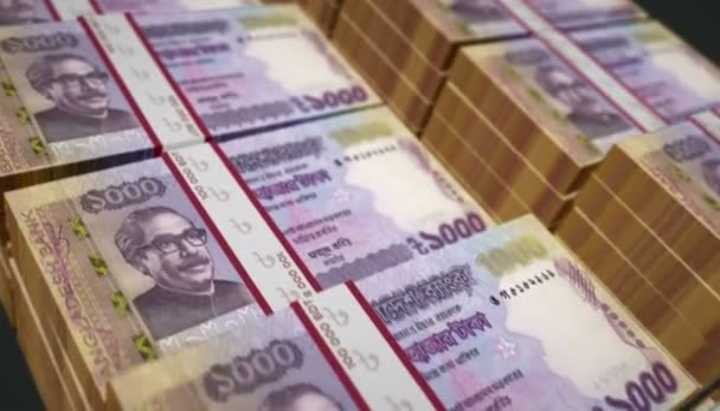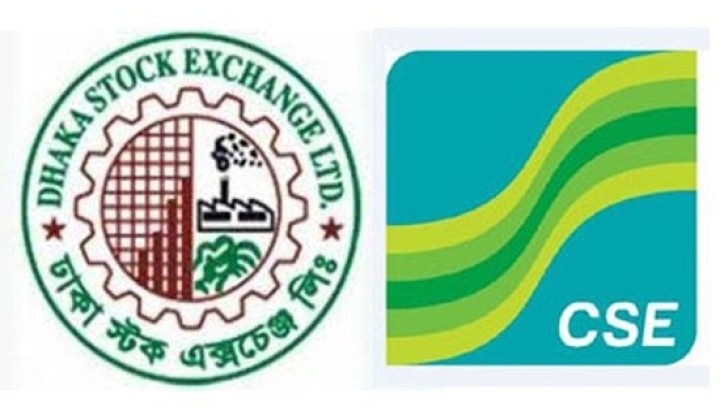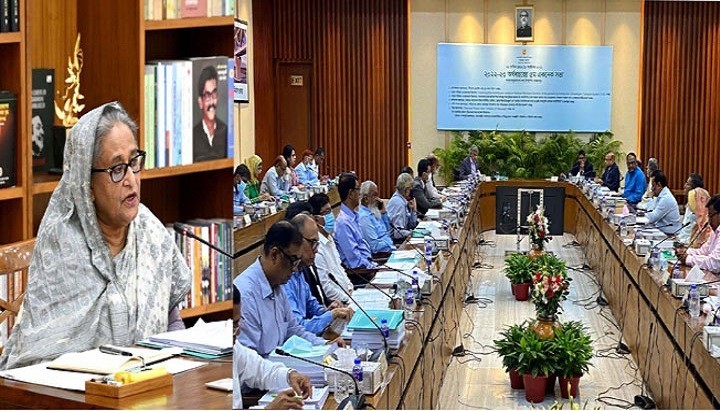Private sector’s Shahjalal Islami Bank is in trouble with
realisation of the loan from Dhaly Construction and grant of new loan of Tk 408
crore to the company. The loan was disbursed without adequate collateral and
verifying the financial status of the customer.
According to the report of Bangladesh Bank, the then
managing director and board of directors, along with the officers of the
relevant departments of the bank's branch and head office, cannot avoid the
responsibility of this irregularity, said a report of the Bangladesh Bank.
It is known that Dhaly Construction took a loan of Tk 129
crore in 2013 from Trust Bank's Dilkusha branch in the capital. At the end of
2015, the loan amount increased to Tk 156 crores.
In November 2015, Dhaly Construction applied to Shahjalal
Islami Bank to acquire the Trust Bank loan. Dhanmondi branch of Shahjalal
Islami Bank acquired Dhaly Construction Limited's loan of Tk 118 crore from
Trust Bank in December of that year.
In December, Shahjalal Islami Bank disbursed an additional
Tk 188 crore funded and Tk 70 crore unfunded loan to Dhaly Construction Limited.
In August 2017, Shahjalal Islami Bank gave another loan of Tk 115 crore. Of
this, 85 crores are funded and 30 crores are non-funded. But Shahjalal Islami
Bank could not tell Bangladesh Bank how much money has been loaned and against
which assets.
According to the report, Shahjalal Islami Bank gave the loan
forcefully to Dhaly Construction due to the failure of various companies to pay
their debts. As a result, at the end of April this year, the amount of loan
disbursed by Shahjalal Islami Bank to Dhaly Construction stood at Tk 408 crore.
Out of this, 350 crore are funded and 58 crore non-funded.
Shahjalal Islami Bank was unable to collect the money
despite repeated efforts. Dhaly Construction has mortgaged 721 acres of land
and a building measuring 37,000 square feet as security against the loan.
In this regard, a deputy managing director of Shahjalal
Islami Bank, on condition of anonymity, told the media that “Dhaly Construction
is in a good position among the country's construction companies. We have
business relationship with them since 2015. The company is facing big
challenges due to the epidemic. Although we are hopeful of recovering the loan,
it will take more time to get the money back.”
Regarding cashing the bill of Dhaly Construction through
another bank instead of Shahjalal Bank, the Deputy Managing Director said that
Dhaly Construction did this due to the need for cash. They thought that if they
deposit the bill in the bank, the money will be deducted to pay off the loan.
However, when asked about the violation of the bank's board
of directors policy in disbursing loans, he refused to make any comment.
Dhaly Construction chairman Rafique Uddin told the media
that “Our company has implemented large road and construction projects
including several university buildings in the country. We have been facing
challenge since Covid pandemic as some our projects had to be stopped.
Moreover, the abnormally high prices of construction materials also increased
the project cost."
When asked about repayment of loan from Shahjalal Islami
Bank, he said that new projects will be taken up and the loan will be repaid.
The business relationship with the bank will also continue.
Dhaly Construction Advisor MM Mizanur Rahman told the media
that there were some errors in the documents. It will be resolved quickly. He
said, the bank can collect the debt by selling the company's assets. Apart from
this, the company is involved in several construction projects. If the work of
these projects is completed, the loan can be paid.
According to the central bank report, it was directed by the
Board to take security equal to the investment while disbursing the loan. But,
only Tk 90 crore of collateral (land and building) was taken against the funded
loan of Tk 188 crore. The board was not informed of the investment with less
security.
According to the report, Shahjalal Bank could not provide
any information to the central bank's inspection team about the amount of money
invested against specific work orders and the number of bills received in
respect of those work orders.
The report said that the board of the directors of the bank
advised taking a legal opinion before approving funded loans of Tk 188 crore
and non-funded loans of Tk 70 crore and mortgaging 721 khata land. But the bank
did not take into consideration the legal opinion while giving the loan. As no
collateral is taken for new loans, the bank's investment becomes risky.


